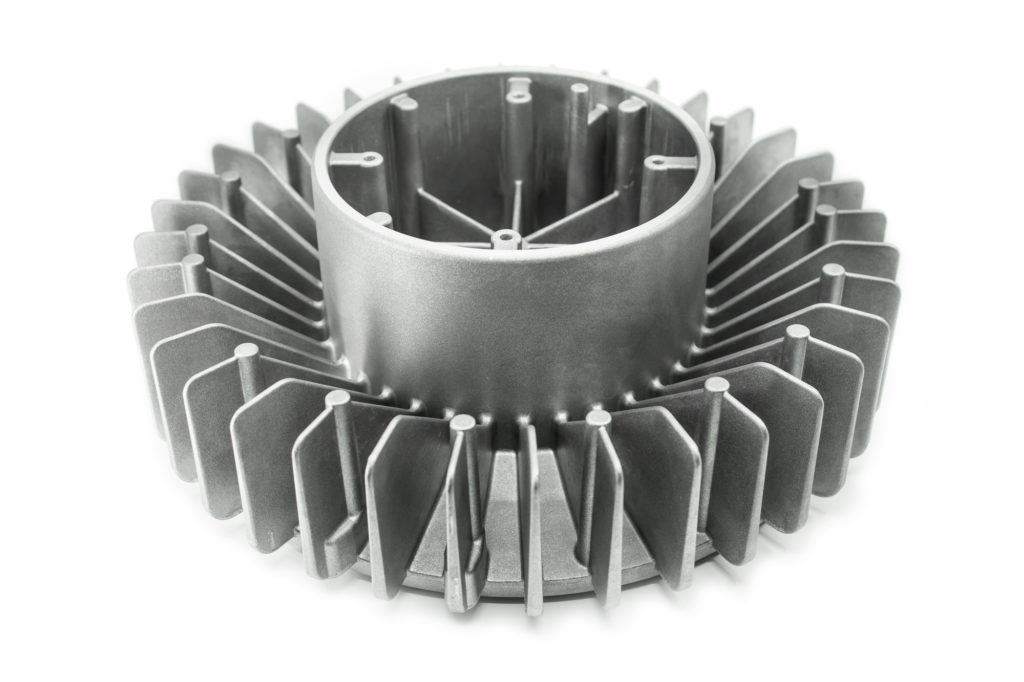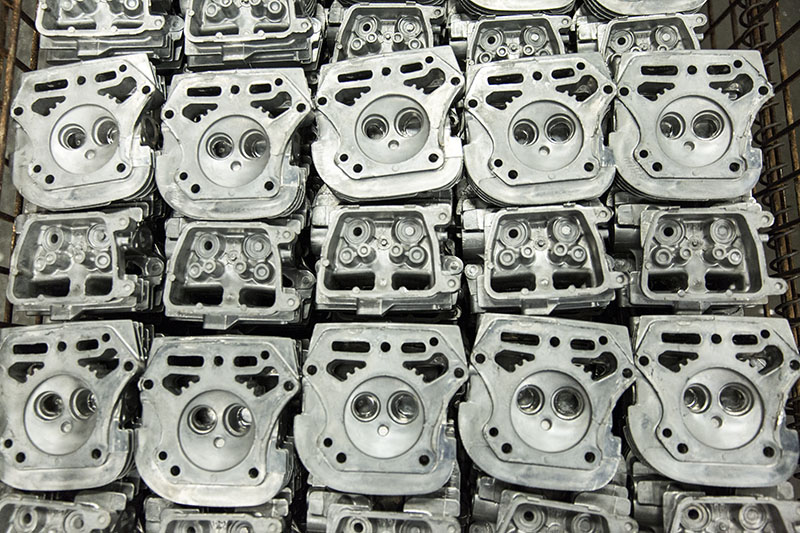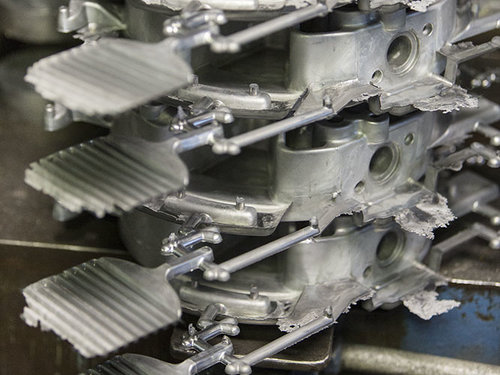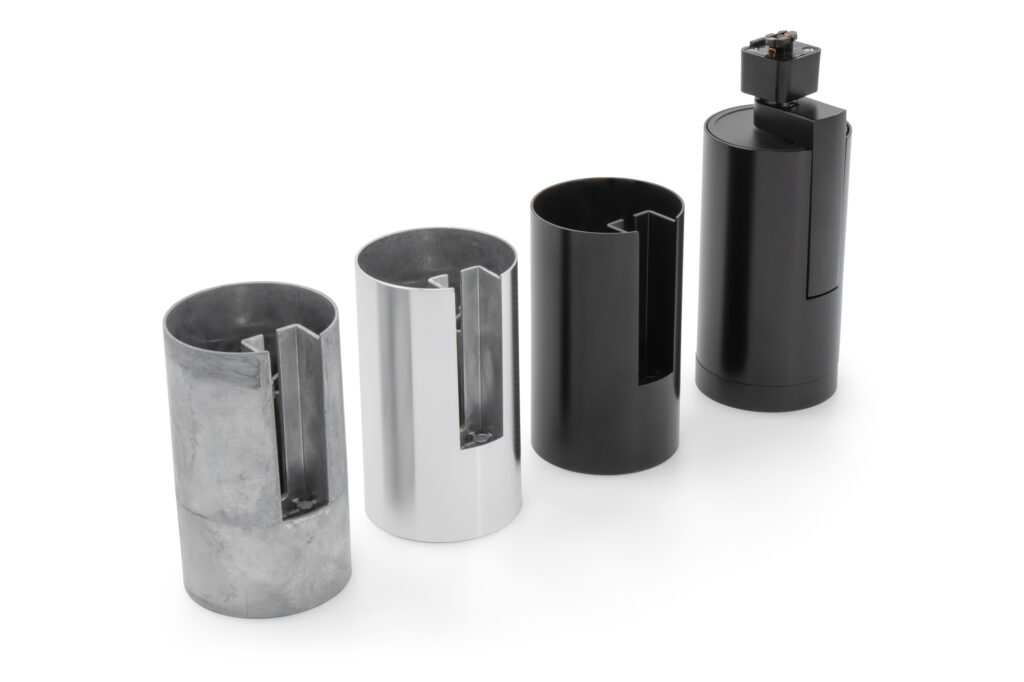Kurt Die Casting has the scale and experience to deliver your best parts. Our Complete Part System includes casting, machining and finishing under one roof.
When it comes to superior die casting, look to Kurt Die Casting to deliver. We produce complex, high-quality aluminum and zinc die castings—competitively priced and delivered on time—for a wide range of industries. With over 100,000 square feet of manufacturing space, we have the capacity and capability for large castings and CNC machining in house. The Kurt team can cover your needs end-to-end from program management, initial tooling and manufacturability planning through production, finishing and assembly and into inventory management using our Kanban system.
Our Minnesota facility houses 15 cold chamber die cast machines, trim tools, finishing services, in-house precision machining and assembly operations and a formalized quality-control system.
Request a quote or contact Kurt Die Casting today to learn more about our aluminum die casting capabilities.




Machines
- 15 cold chamber die casting machines with precision aluminum castings capabilities, from less than 1 pound up to 26 pounds.
- CAD compatibility for web-based communication and fully interactive manufacturing
- Advanced, proprietary closed-loop shot control system
- Dendrite control and measurement capabilities
- In-house machining services, including multiple lathes, VMCs and HMCs
- See full equipment list here –>
Materials
At Kurt Die Casting, we focus on three primary aluminum die casting alloys: A380, A360, B390 — but have the capacity and capability to add more per request.
- 360 aluminum alloy
- 380 aluminum alloy
- 390 aluminum alloys
- ZA 27 aluminum zinc alloy
- Learn more about our alloys here –>
Service & Quality Control
- Casting, machining, and finishing under one roof
- Full program management
- World-class customer service and support
- Quality-control systems in house
- Design for manufacturability and early design support
- Tool building and tooling support in house
- Rapid lead times
- Service to multiple international customers
- Learn more about our Quality Systems here –>